Baseline acoustical research initiated to study potential risk of increased marine traffic disturbing wildlife along the Douglas Channel, as well as cultural-use impacts on indigenous Territory
HARTLEY BAY, BRITISH COLUMBIA--(Marketwired - May 12, 2016) - The Gitga'at First Nation and researchers from UBC and Michigan State University have completed a first of its kind study along Douglas Channel and adjacent waters in Gitga'at marine Territory, in the heart of the Great Bear Rainforest. The channel has been proposed as an oil tanker shipping route for the Enbridge Northern Gateway pipeline.
The results of the community-led study, published in the open-access scientific journal Global Ecology and Conservation, present a 'baseline' of the diverse acoustic-ecological conditions of Gitga'at Territory. This baseline is informed by over 357,000 discreet sound recordings, taken at eight locations in Gitga'at Territory over a 14-month period.
"This study builds on our multi-faceted ecological and cultural monitoring program and establishes baseline sound conditions against which the Gitga'at can assess future potential shipping and tanker traffic proposals in our territory," said Chris Picard, Science Director, Gitga'at Lands and Marine Resources Department. "It gives us a critical tool for protecting and managing our Territory and marine resources against the cumulative effects of industrial development."
While government and industry have just started talking about the need for more ecological monitoring in the face of greater proposed development on the coast, the Gitga'at and partners are actually busy doing it. This is critically important as more and more 'soundscape ecology' research reveals that increases in industrial noise can cause significant disturbance to wildlife, and cultural-use impacts.
"The Gitga'at people have a long history of protecting our territory and the cultural and social values, and the marine resources that sustain our nation," said Arnold Clifton, Chief Councillor and Hereditary Chief of the Gitga'at First Nation. "Effective noise control policies are just one of the administrative tools we are considering to protect the Great Bear Rainforest and BC's coastal waters for all British Columbians."
The study considers an array of ecological sites along the Douglas Channel as well as Otter Channel and Wright Sound, recording captured acoustic signatures of marine mammals, ravens, and eagles, boat and aircraft noise, as well as wind, waves and rain.
"The frequency and intensity of anthropogenic noise in Gitga'at Territory is currently very low, suggesting a low degree of disturbance by human activities," said Stuart Gage, Professor Emeritus with Michigan State University's Global Observatory for Ecosystem Services & Remote Environmental Assessment Laboratory. "The potential increase in boat traffic due to the establishment of a new shipping channel through Gitga'at Territory would likely cause significant disturbance of the biophony in the region."
The study is one of the first indigenous-settler collaborations of its kind in the rapidly expanding field of soundscape ecology, and involved Gitga'at high school students, two of whom are listed as co-authors.
"This baseline project was a tremendous opportunity to learn from and work with Gitga'at," said Max Ritts, a PhD candidate in the Department of Geography at UBC. "One of the most interesting developments was working alongside students from the Hartley Bay Elementary School, who performed essential tasks as field technicians. This wasn't an initial part of the proposal but emerged over the course of our engagement. I think the idea that scientific monitoring should adapt to the emerging interests of the community isn't always easy for science to incorporate, but it is necessary. We were fortunate to have Gitga'at Leadership guide us through this process."
Full research article:
http://www.sciencedirect.com/science/article/pii/S2351989416300178
Contact Information
Chris Picard Science Director Gitga'at Lands and Marine Resources Department 778.884.2402
Max Ritts PhD Candidate Department of Geography, University of British Columbia 778.884.6580
